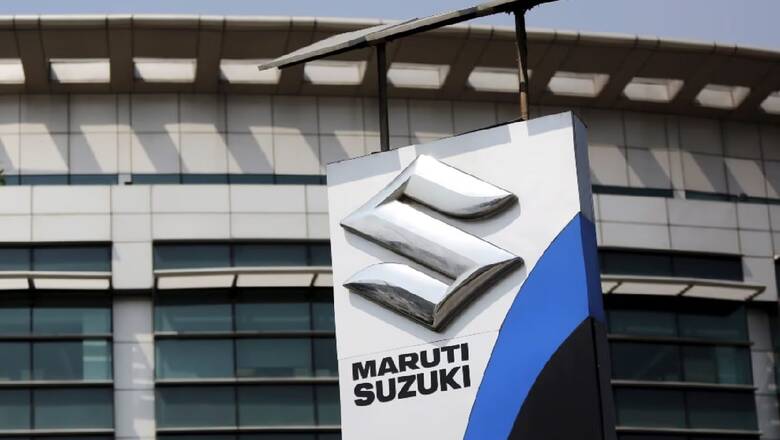
views
As the year comes to a close, several prominent automakers, including Maruti Suzuki, Tata Motors, Mahindra, and Audi, have declared price hikes set to take effect from January 1, 2024.
Citing the escalating demand for commodities, particularly steel, these manufacturers point to the mounting cost pressures and the impact of overall inflation on production expenses.
German luxury brand Audi leads the pack with a uniform 2 percent price increase across its entire model range, attributing the hike to rising input costs. Maruti Suzuki, a market leader in sales, has announced that the price surge will vary among its models due to escalating production costs.
Similarly, Mahindra has indicated its intent to raise vehicle prices in January 2024, citing inflation and increasing commodity costs. Tata Motors plans to implement price hikes for its passenger vehicles, including its electric vehicle (EV) range, with specific details yet to be disclosed.
The decision to raise prices comes amidst a trend where wholesale vehicle purchases outpace retail sales, leading to a buildup of inventory with dealers. October data from the Federation of Automobile Dealers Associations (FADA) reveals inventory levels rising to 63-66 days, prompting concerns about potential dealer distress without intervention.
Industry experts speculate that the upcoming price hikes in January may serve as a strategy for companies to offload existing inventory before the year concludes. While the exact percentage of the price hikes remains undisclosed by Maruti, even a minor increase could prompt customers to expedite their purchase decisions.
Considering the imminent price hikes, prospective buyers may be tempted to make their purchases in December, taking advantage of attractive discounts offered by carmakers. However, financial experts advise caution, noting that the model purchased may become outdated in the coming month, leading to a faster depreciation rate. Ananth Ladha, founder of financial planning firm Invest Aaj for Kal, told Business Insider that the one-month difference could result in a 10-12 percent higher depreciation.
Despite potential drawbacks, Adhil Shetty, CEO of BankBazaar, told Business Insider that if buyers receive substantial benefits, it may offset the drop in resale value.
Meanwhile, dealers anticipate continued growth momentum in December, with better harvests and increased income for farmers in election-bound states contributing to overall economic stability, the president of FADA, Manish Raj Singhania told Business Standard.
In an October report, analysts from Axis Securities predicted improved gross margins for auto original equipment makers (OEMs) and ancillaries in the September quarter of FY24.
The analysts also saw that the prices of important materials like steel, platinum, aluminium, copper, and zinc went down during this time, which is good for the automotive industry.
But, these experts are also giving a warning. They say that the good times for the automotive sector might not last. In the second half of the financial year 2023-24 (from January to March 2024), the help from lower material prices might not be as strong. However, they don’t think that the prices of materials will go very high like they did last year. So, the overall picture for the auto industry in the second half of the financial year 2023-24 looks more stable and not as challenging.

















Comments
0 comment